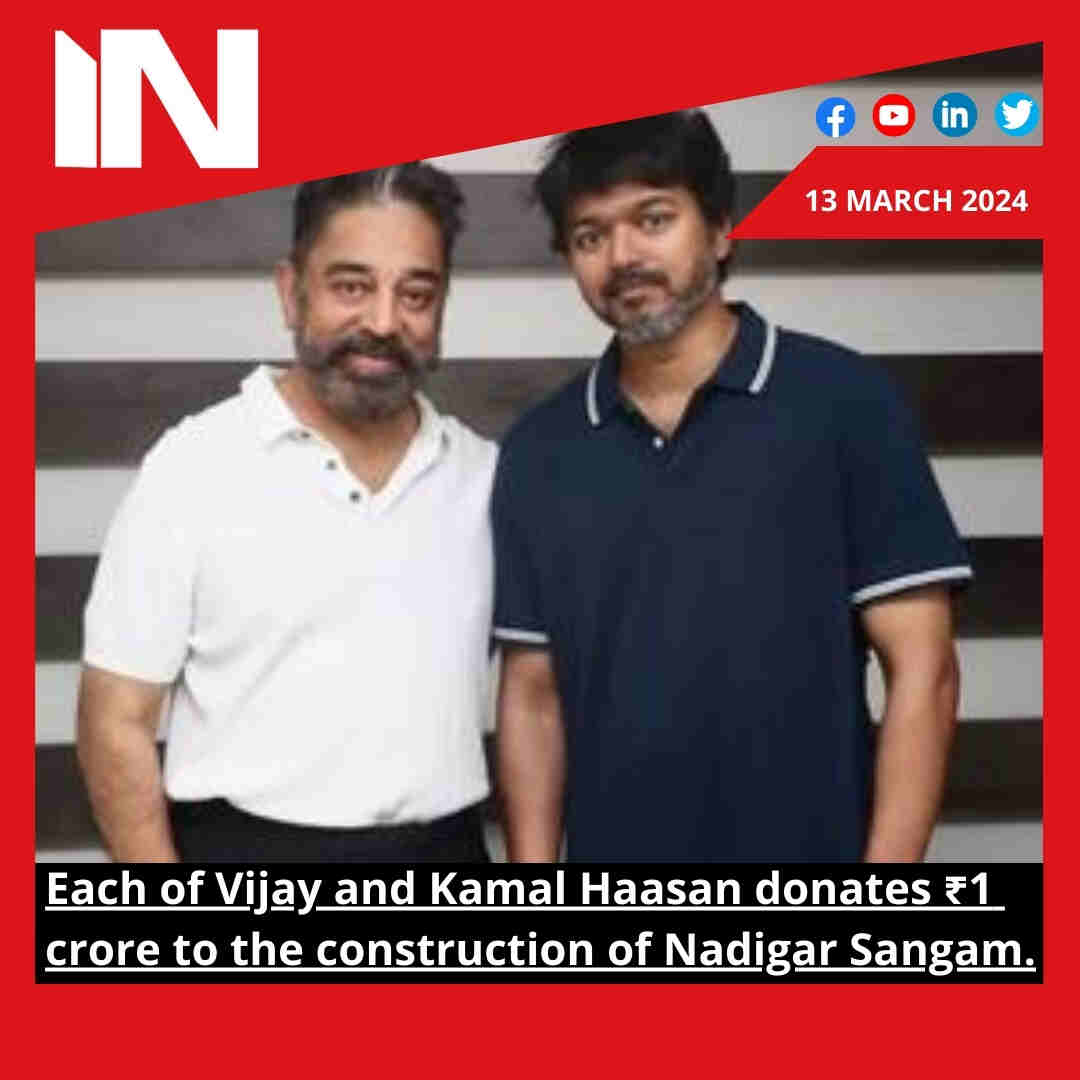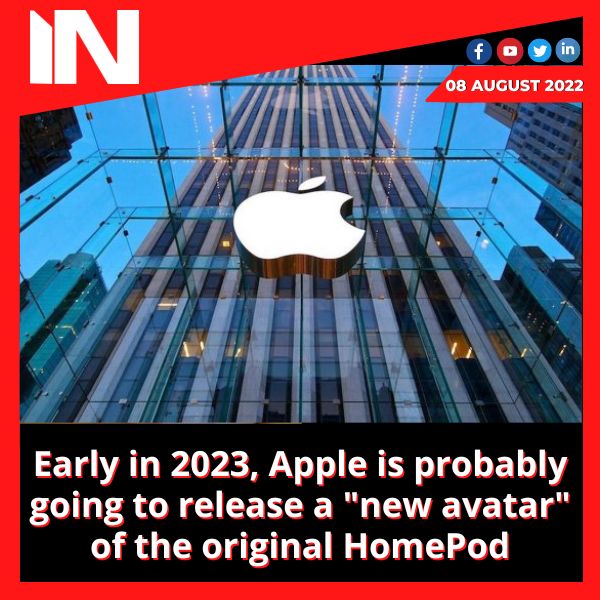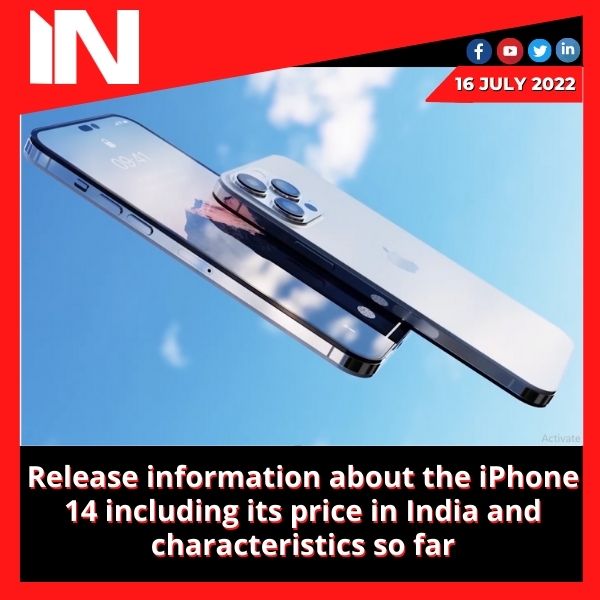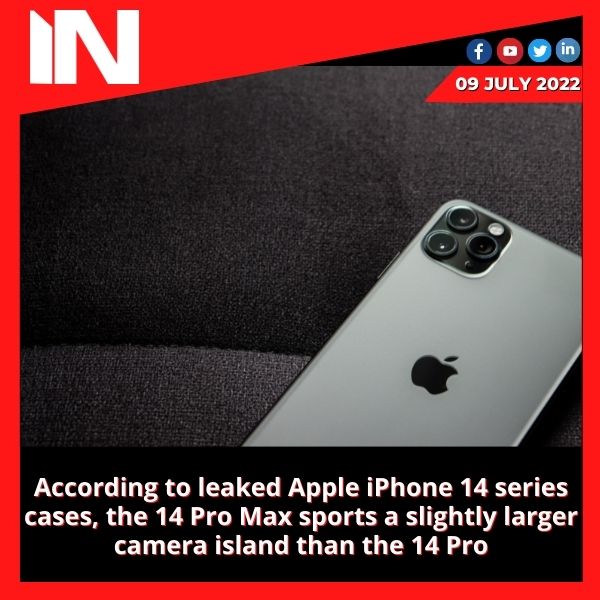India Hot Topics
After 15 Years, Apple Prepares To Break Up With Intel

Silicon Valley Is Bracing For A Long-Expected Breakup Of Apple And Intel, Signaling Both The End Of One Of The Tech Industry’s Most Influential Partnerships And Apple’s Determination To Take More Control Of How Its Products Are Built.
Apple Has Been Working For Years On Designing Chips To Replace The Intel Microprocessors Used In Mac Computers, According To Five People With Knowledge Of The Effort, Who Weren’t Authorized To Speak About It. They Say Apple Could Announce Its Plans As Soon As A Company Conference For Developers Monday, With Computers Based On The New Chips Arriving Next Year.
Apple’s Move Is An Indication Of The Growing Power Of The Biggest Tech Companies To Expand Their Abilities And Reduce Their Dependence On Major Partners That Have Provided Them With Services For Years — Even As Smaller Competitors And The Global Economy Struggle Because Of The Coronavirus Pandemic.
Facebook, For Example, Is Investing Billions Of Dollars Into One Of Indonesia’s Fastest-Growing Apps, A Telecom Giant In India And An Undersea Fiber-Optic Cable Around Africa. Amazon Has Built Out Its Own Fleet Of Cargo Planes And Delivery Trucks. And Google And Apple Continue To Buy Upstarts To Expand Their Empires.
Also Read: Rahul Gandhi Tweets 2 Questions To Pm Day After Meet On China Tension
Taiwan Semiconductor Manufacturing, The Partner Apple Uses To Build Similar Components It Designs For Iphones And Ipads, Is Expected To Make The Mac Chips In Factories In Asia — An Arrangement Much Like Apple’s Use Of Foxconn To Assemble iPhones.
Intel And Apple Declined To Comment. Bloomberg Previously Reported On Apple’s Plans.
Apple Has Created A Large Chip-Design Team, Building On The 2008 Purchase Of A 150-Employee Startup, PA Semi. A Large Number Of Them Once Worked At Intel, Including Johny Srouji, Who Reports Directly To Apple’s Chief Executive, Tim Cook.
Apple’s Move Would Be A Symbolic Blow To Intel, Particularly When Civilian And Military Officials Are Concerned Over The Weakening Of U.S. Leadership In Chip Manufacturing, Which They Regard As Crucial To The Country’s Ability To Retain An Edge Over China. Legislation Introduced In Congress Last Week, With Rare Bipartisan Agreement, Would Funnel Tens Of Billions Of Dollars To Bolstering U.S. Research And Manufacturing In Semiconductors.
Intel Has Long Been A U.S. Standard-Bearer In The Semiconductor Business, Particularly In The Complex Manufacturing Processes That Turn Silicon Wafers Into The Chips That Power Computers, Smartphones, Cars And Consumer Devices.
The Move’s Financial Impact On Intel Would Be Muted, At Least In The Short Term. Intel Sells Apple About $3.4 Billion In Chips For Macs Each Year, According To C.J. Muse, An Evercore Analyst. That Is Less Than 5% Of Intel’s Annual Sales, And Muse Forecast That The Blow Would Be Closer To Half That Since Apple Might Change The Chips On Only Some Mac Models. Apple Sells Nearly 20 Million Macs A Year.
Also Read: What Makes Centre-State Relations Different In National Capital?
“That’s Not Chicken Feed, But It’s Compared To Total Pcs Sold Of About 260 Million” A Year, Said Tim Bajarin, An Analyst Who Has Tracked Apple For Nearly 40 Years. Intel Supplies The Chips For Just About Every PC.
But The Long-Term Effects Could Still Be Serious For Intel. The Chipmaker’s Lofty Profit Margins Have Long Been Linked To Its Track Record Of Delivering The Most Powerful Computing Engines On The Market, Particularly For Laptops And Computer Servers. But Intel Has Never Done Well Selling Chips For Newer Tech Products Like Smartphones And Tablets.
Intel Has Stumbled Badly In That Industrywide Race To Miniaturize. Intel’s Latest Process For Making Chips, Once Expected As Early As 2015, Did Not Enter High-Volume Production Until 2019. The Delay Aided Taiwan Semiconductor And Samsung Electronics, Which Produce Chips Designed By Multiple Companies. The Competitors Exploited Intel’s Lag To Take A Technology Lead.
“Intel Has Fallen Behind By 12 Months, Maybe 18 Months,” Said Handel Jones, Chief Executive Of International Business Strategies, Which Offers Consulting Services To The Chip Industry.
Apple Was Troubled By The Production Stumble, According To Three People Familiar With The Situation, Who Were Not Authorized To Speak About Confidential Dealings Between The Companies. Intel Also Ran Into Stronger-Than-Expected Demand For Other Types Of Chips, Causing Production Shortages That Crimped Sales For Some PC Makers Last Year. The Combination Further Tarnished Intel’s Image As A Reliable Producer.
Also Read: TheNewYorkTimes
Movie
The Madras High Court has granted early screenings of Vijay’s Leo movie from 7 AM, requesting the TN government to resolve any issues.
Madras High Court Grants Early Screenings of Vijay’s “Leo” Movie at 7 AM, Urges TN Government to Address Concerns
The Madras High Court has made a landmark decision in favor of the much-anticipated Tamil film “Leo,” starring actor Vijay. In a significant move, the court has granted permission for early screenings of the movie from 7 AM, urging the Tamil Nadu government to swiftly address any issues and facilitate the smooth release of the film. This decision marks a pivotal moment in the realm of Tamil cinema and the entertainment industry at large.
Historical Context:
The Indian film industry, particularly the Tamil film industry, has seen its share of controversies and challenges related to film releases. Issues such as censorship, political disputes, and public sentiment have often played a significant role in shaping the release schedules and screening times for films. Vijay, one of Tamil cinema’s most prominent actors, has been at the center of such controversies in the past. This decision by the Madras High Court is, therefore, particularly noteworthy.
The Ruling:
The Madras High Court’s decision to permit early screenings of “Leo” comes as a response to a plea filed by the film’s producers. The court, while considering the plea, took into account various factors, including the film’s anticipated popularity and the prevailing circumstances. The court emphasized the importance of accommodating the audience’s interests and allowing them to enjoy the film without disruptions.
A Step Towards Normalization:
The court’s decision signifies a positive shift in the film industry, where release dates and screening times are often mired in controversy. By allowing screenings to commence at 7 AM, the court aims to reduce the chances of public unrest and congestion near theaters, especially in the wake of high-profile film releases.
The Role of the Tamil Nadu Government:
The Madras High Court, in its ruling, also called upon the Tamil Nadu government to cooperate in ensuring a seamless release for the film. This cooperation extends to providing necessary security measures to maintain law and order around theaters during the early screenings.
Implications for the Entertainment Industry:
The decision is expected to set a precedent for the release of other highly anticipated films, not just in Tamil cinema but also in the broader Indian film industry. The court’s emphasis on the importance of accommodating the audience’s interests could lead to more flexible screening times for movies in the future.
The Audience’s Perspective:
For moviegoers and fans of Vijay, this decision comes as a welcome relief. They can now look forward to enjoying the film without any undue delays or disruptions, ensuring a memorable cinematic experience.
In conclusion, the Madras High Court’s ruling to allow early screenings of Vijay’s “Leo” at 7 AM while urging the Tamil Nadu government to resolve any issues paves the way for a more audience-centric approach in the film industry. It is a landmark decision that highlights the importance of balancing the interests of filmmakers and the movie-loving public. This judgment is poised to make a positive impact on the release of future films, ushering in a new era of flexibility and convenience for cinema enthusiasts.
Group Media Publications
Entertainment News Platforms – anyflix.in
Construction Infrastructure and Mining News Platform – https://cimreviews.com/
General News Platform – https://ihtlive.com/
Podcast Platforms – https://anyfm.in
-

 Bollywood2 months ago
Bollywood2 months agoAishwarya Rai maintains her stunning appearance in a new L’Oreal ad.
-

 health and remedies2 months ago
health and remedies2 months agoThe article discusses the potential health risks associated with swallowing dry ice
-
.jpg)
.jpg) Music1 month ago
Music1 month agoSidhu Moosewala’s father and baby brother feature on Times Square billboard; fans react. Watch
-
Bollywood3 weeks ago
Rasha, the daughter of Raveena Tandon, discusses how trolling affects her: “I think in processing it, feeling bad for a bit.”
-

 Bollywood4 weeks ago
Bollywood4 weeks agoThe phrase “female-led projects” annoys Bhumi Pednekar. “It disgusts me deeply.”
-

 Bollywood2 months ago
Bollywood2 months agoFor this explosive advertisement, Aamir Khan and Darsheel Safary reconnect 16 years after Taare Zameen Par
-
.jpg)
.jpg) Hollywood2 months ago
Hollywood2 months agoOri, Gal Gadot’s fourth daughter, is welcomed into the world. “Being pregnant wasn’t easy,”
-

 Entertainment2 months ago
Entertainment2 months agoEach of Vijay and Kamal Haasan donates ₹1 crore to the construction of Nadigar Sangam








.jpg)





